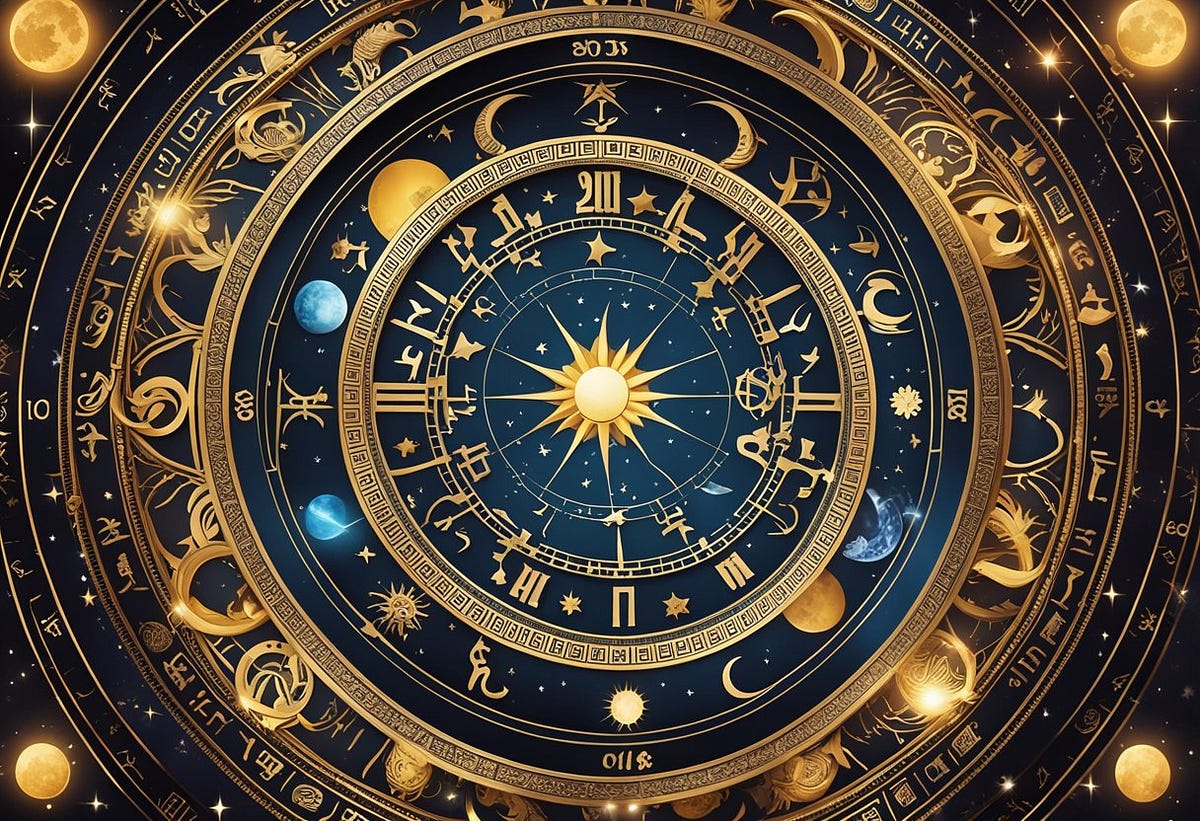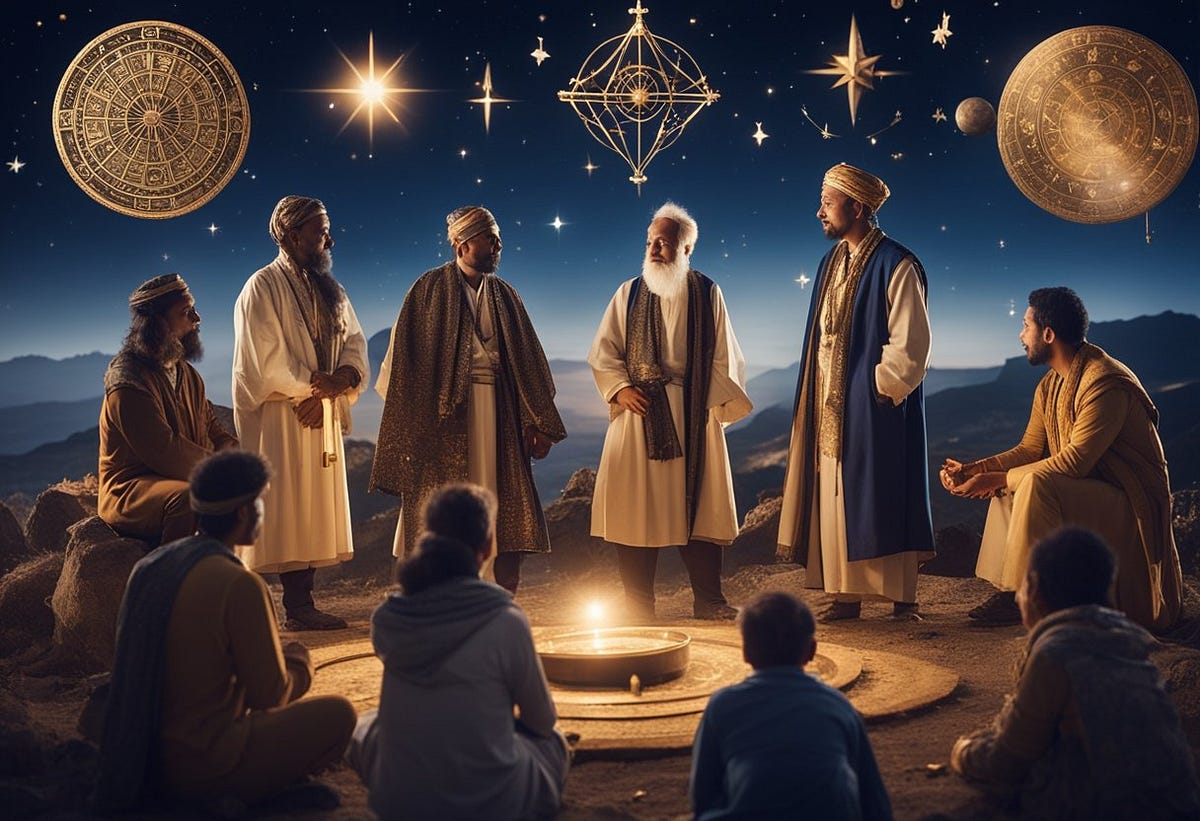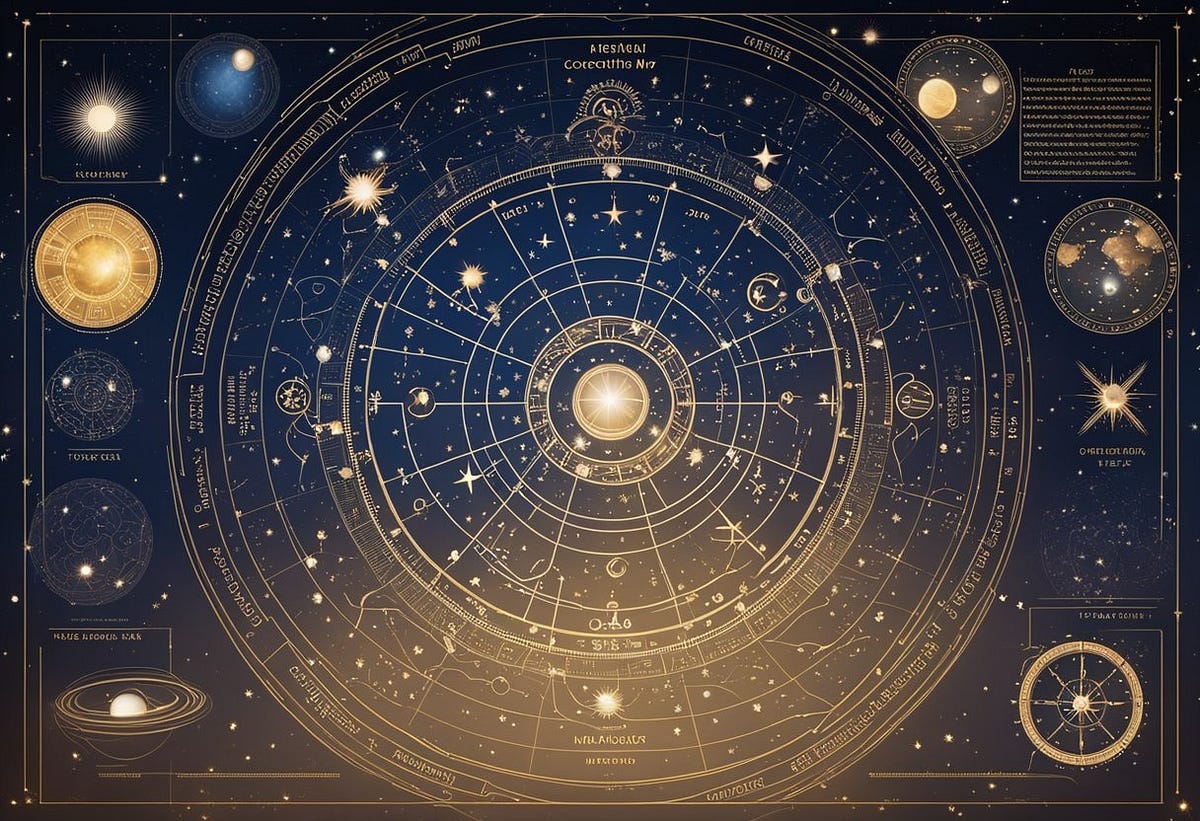International Astrology Day is an annual observance celebrated by astrologers and astrology enthusiasts around the world. It is typically observed on March 20, although it may fall on any day from March 19th to March 22nd, depending on the day that the Northward equinox occurs. The day marks the beginning of the astrological year and promotes awareness and education about astrology.

Astrology is an ancient belief that suggests that the positions and movements of celestial bodies can influence human lives and natural events. The study of astrology is based on the interpretation of the positions and aspects of celestial bodies at the time of an event, such as a person’s birth. It is a complex and multifaceted subject that has been studied and practiced for thousands of years, and has had a significant impact on various aspects of human culture, including religion, philosophy, science, and art.
Key Takeaways
- International Astrology Day is an annual observance celebrated by astrologers and astrology enthusiasts around the world.
- Astrology is an ancient belief that suggests that the positions and movements of celestial bodies can influence human lives and natural events.
- The study of astrology is complex and multifaceted, and has had a significant impact on various aspects of human culture.
History of International Astrology Day

Origins and Significance
International Astrology Day is an annual observance celebrated by astrologers and astrology enthusiasts around the world. It is mostly observed on March 20, but it can fall on any day from March 19th to March 22nd, depending on the day that the Northward equinox occurs. The day is significant because it marks the beginning of the astrological year, and it is believed that the positions and movements of celestial bodies can influence human lives and natural events.
The origins of International Astrology Day can be traced back to the Association for Astrological Networking (AFAN), which first asserted the day in 1993. The purpose of the day is to promote awareness and understanding of astrology, as well as to celebrate its rich history and cultural significance. Astrology has been practiced for thousands of years, and it has played an important role in many ancient cultures, including those of the Greeks, Egyptians, and Chinese.
Evolution Over Time
Over time, International Astrology Day has evolved to become a global celebration of astrology. Today, people from all walks of life participate in the day’s events, which can include lectures, workshops, and other activities related to astrology. Astrologers use the day to share their knowledge and expertise with others, and to promote the benefits of astrology as a tool for personal growth and self-discovery.
As the popularity of astrology continues to grow, so too does the significance of International Astrology Day. The day provides an opportunity for people to connect with others who share their interest in astrology, and to learn more about this ancient and fascinating practice. Whether you are a seasoned astrologer or a curious newcomer, International Astrology Day is a day to celebrate the power and beauty of the cosmos, and to explore the mysteries of the universe.
Astrology Fundamentals

Astrology is the study of the movements and relative positions of celestial objects as a means for divining information about human affairs and terrestrial events. It is an ancient practice that has been used for centuries to gain insight into human behavior and the natural world.
Zodiac Signs and Meanings
The Zodiac is a circle of twelve 30-degree divisions of celestial longitude that are centered upon the ecliptic, the apparent path of the Sun across the celestial sphere over the course of the year. Each of these twelve sections is associated with a particular Zodiac sign that represents a unique set of personality traits, strengths, and weaknesses.
Planetary Influences
In astrology, each planet is associated with a particular set of characteristics and influences that are said to affect human behavior and life events. The Sun, for example, is associated with vitality, creativity, and leadership, while the Moon is associated with emotion, intuition, and nurturing. Other planets, such as Mercury, Venus, Mars, Jupiter, Saturn, Uranus, Neptune, and Pluto, are also associated with specific qualities and influences.
Houses and Aspects
In addition to the Zodiac signs and planetary influences, astrology also takes into account the Houses and Aspects. The Houses represent different areas of life, such as career, relationships, and health, while the Aspects describe the relationships between the planets and the Houses. Together, these elements provide a comprehensive picture of an individual’s personality, life events, and future prospects.
Overall, astrology is a complex and nuanced practice that requires a deep understanding of the interplay between the Zodiac signs, planetary influences, Houses, and Aspects. By gaining insight into these fundamental principles, astrologers can provide valuable guidance and advice to individuals seeking to understand themselves and their place in the world.
Celebrations Around the World

International Astrology Day is celebrated in different ways around the world. Here are some of the most notable Western celebrations, Eastern observances, and digital and virtual events that take place on this day.
Western Celebrations
In the Western world, International Astrology Day is celebrated with conferences, workshops, and lectures organized by astrology societies and groups. These events are often held in major cities, such as New York, London, and Paris, and attract astrologers, enthusiasts, and curious members of the public.
Some of the most popular events include talks on the history and philosophy of astrology, demonstrations of astrological techniques and tools, and discussions on the role of astrology in contemporary society. Astrology-themed art exhibitions, concerts, and theater performances are also organized to mark the occasion.
Eastern Observances
In the Eastern world, International Astrology Day is celebrated in a more traditional and spiritual way. Astrology is deeply embedded in the cultural and religious practices of many Eastern countries, such as India, China, and Japan, and is seen as a way to connect with the divine and understand the mysteries of life.
On this day, astrologers and spiritual leaders offer consultations, blessings, and rituals to help people align themselves with the cosmic forces and achieve greater harmony and balance in their lives. Astrology-themed festivals, parades, and processions are also held in many Eastern cities to celebrate the occasion.
Digital and Virtual Events
In recent years, International Astrology Day has also become a popular event in the digital and virtual world. Many astrology websites, blogs, and social media platforms offer free webinars, podcasts, and online courses to mark the occasion and share their knowledge and insights with a global audience.
Virtual astrology conferences, forums, and chat rooms are also organized to bring together astrologers and enthusiasts from different parts of the world and exchange ideas, experiences, and opinions. Astrology-themed podcasts, YouTube channels, and social media accounts also gain more followers and engagement on this day, as people look for new and interesting ways to explore the fascinating world of astrology.

Post a Comment
0Comments